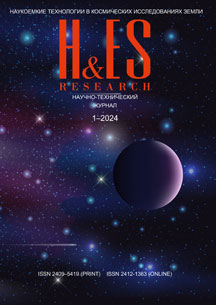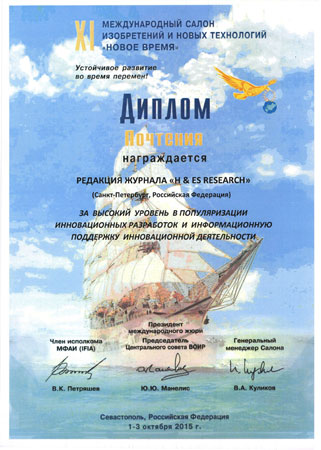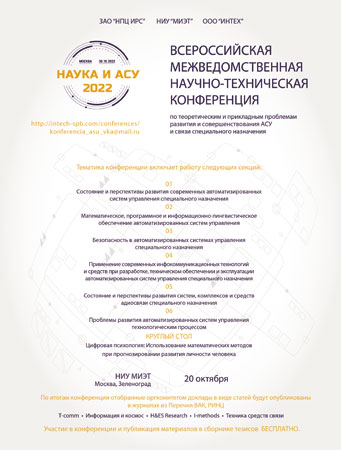The functioning of critical information infrastructure in a new environment - cyberspace, creates new vulnerabilities and threats, and requires the development of new tools to ensure the sustainability of functioning in terms of computer attacks [1-6]. Managing sustainability of critical information infrastructure the armed forces is based on the knowledge about the state of the control objects, the state of the environment functioning and its impacts [4].
An integral part of such management systems is the decision support subsystem. The possibilities of the control system directly depend on the ability of the decision support subsystem to provide the decision-maker with qualitatively balanced information characterizing the real and predictable state of the critical information infrastructure facilities and to provide a reasonable choice of the trajectory of the goal achievement. In this regard, the development of a methodology for evaluating critical information infrastructure functioning in cyberspace is an urgent task.
The article discusses the method of evaluation of the critical information infrastructure of the departmental information system of Federal Executive authorities, which operates in cyberspace in the conditions of confrontation. The result of the evaluation is the value of the integral criterion of the actual ability to perform the target function of critical information infrastructure of the departmental information system. Novelty of the work is the proposed method of evaluation of complex technical systems with a high degree of criticality and uncertainty of description. The practical significance of the presented technique is the possibility of its use to improve the efficiency of management of critical information infrastructure, as well as to justify new forms and methods of confrontation in cyberspace. The article deals with the issues of cybernetic stability of functioning, its main components, the properties of management that determine cyber stability. Classification of critical information infrastructure objects is carried out. The dependences of the quality level on the class of the critical information infrastructure object state are obtained and the method and algorithm of its calculation are given.



















